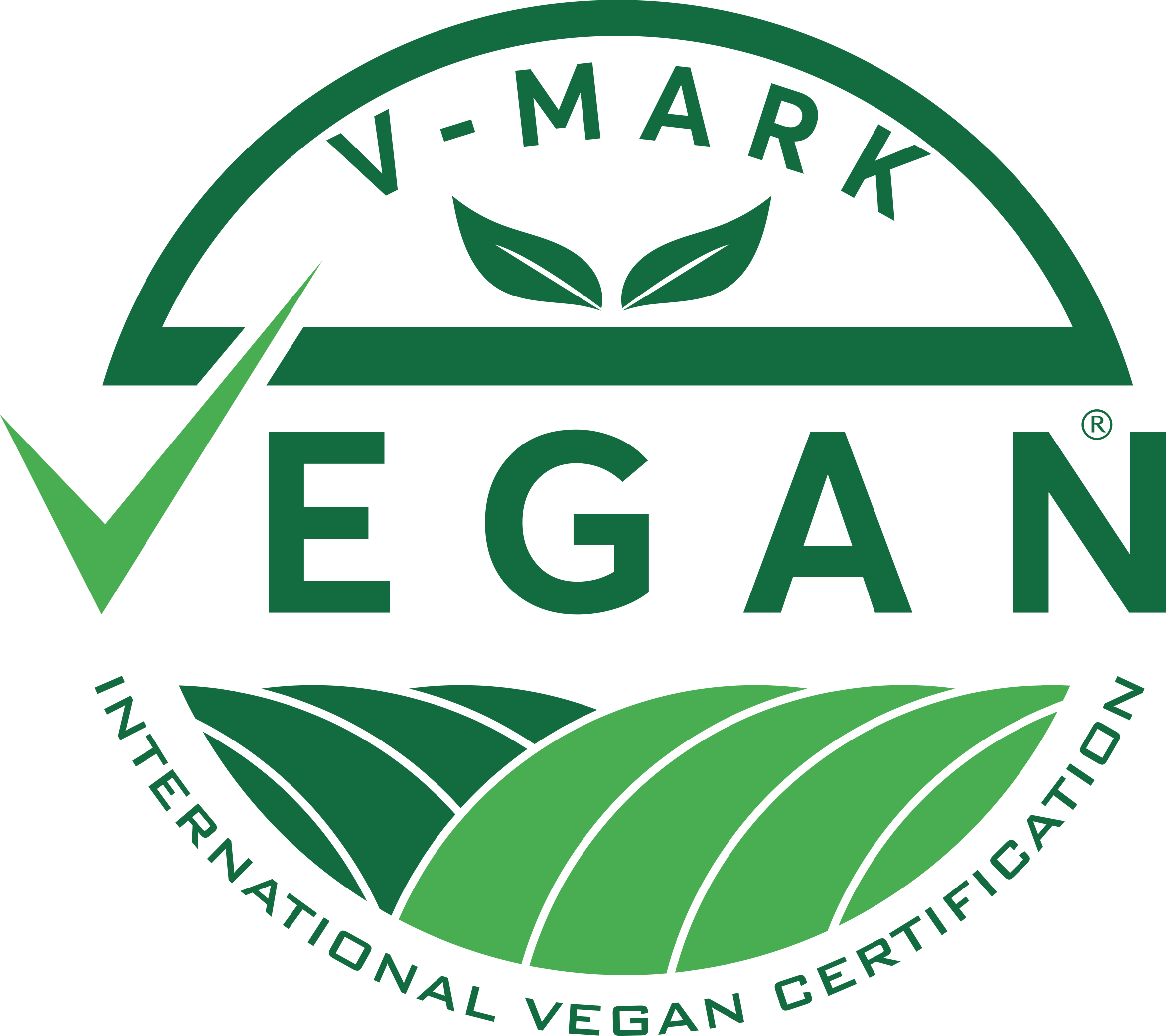Veganism and Nutrient Deficiencies: How to Ensure a Balanced and Healthy Diet
Veganism is a rapidly growing lifestyle choice that is becoming increasingly popular among individuals of all ages. The benefits of a vegan diet are numerous and include improved health, environmental sustainability, and animal welfare. However, there is a potential risk of nutrient deficiencies when following a vegan diet. In order to ensure a balanced and healthy vegan diet, it is important to be aware of which nutrients may be lacking and to include foods that are rich in these nutrients.

First and foremost, it is important to make sure you are consuming enough protein, as many vegan diets tend to be low in protein. Plant-based sources of protein such as tempeh, tofu, lentils, beans, and quinoa are all excellent options. It is also important to consume a variety of nuts, seeds, and grains in order to get a good balance of essential amino acids.
Vegans also need to ensure they are getting enough calcium, iron, zinc, and vitamin B12. Calcium can be found in leafy greens such as kale and spinach, as well as fortified plant-based milks and yogurts. Iron is found in legumes, nuts, and seeds, and can be better absorbed by consuming vitamin C-rich foods such as oranges and strawberries. Zinc is also found in legumes, nuts, and seeds, as well as whole grains and fortified cereals. Vitamin B12 is only found in animal products, so vegans need to supplement with a vitamin B12 supplement or consume fortified foods such as plant-based milks and cereals.
It is also important to consume plenty of healthy fats, as they are essential for overall health. Avocados, nuts, and seeds are all excellent sources of healthy fats. Additionally, omega-3 fatty acids are important for brain and heart health, and can be found in flaxseed, chia seeds, and walnuts.
Finally, it is important to ensure you are consuming enough calories to meet your energy needs. Many vegan diets tend to be low in calories, so it is important to make sure you are eating enough of the right foods to meet your calorie requirements.
In conclusion, following a vegan diet can be incredibly beneficial for your health, the environment, and animal welfare. However, it is important to be aware of the potential nutrient deficiencies and take steps to ensure you are consuming enough of the right foods to meet your nutritional needs. By including a variety of plant-based proteins, healthy fats, and fortified foods, you can ensure you are getting all the essential nutrients your body needs for optimal health.
Blog
- Are Vegan People Healthy? Examining the Science Behind a Plant-Based Diet
- Is Veganism Harmful? A Look at the Risks and Benefits
- The Ethics of Veganism: Why People Choose a Plant-Based Diet
- The Health Benefits of Veganism: What the Research Shows
- The Myths and Realities of Veganism: Separating Fact from Fiction
- The Rise of Veganism: A Look at the Growing Movement
- Veganism 101: An Introduction to the Vegan Lifestyle
- Veganism and Aging: Can a Vegan Diet Help You Live a Longer, Healthier Life?
- Veganism and Beauty: Plant-Based Options for a Compassionate Regimen
- Veganism and Cancer: Does a Plant-Based Diet Reduce the Risk of Cancer?
- Veganism and Diabetes: Can a Plant-Based Diet Help Manage Diabetes?
- Veganism and Dining Out
- Veganism and Fashion: Ethical and Sustainable Options
- Veganism and Fitness: How to Build a Strong and Healthy Body on a Plant-Based Diet
- Veganism and Gifts: Ethical and Sustainable Options for All Occasions
- Veganism and Health: Debunking Myths and Exploring the Benefits
- Veganism and Heart Health: Is a Vegan Diet Good for the Heart?
- Veganism and Holidays: Celebrating Compassionately
- Veganism and Nutrient Deficiencies: How to Ensure a Balanced and Healthy Diet
- Veganism and Parenting: Raising Compassionate Kids in a Plant-Based Household
- Veganism and Personal Care: Choosing Cruelty-Free Products
- Veganism and Social Justice: How the Vegan Lifestyle Can Help Create a More Equal World
- Veganism and Travel: Tips for Staying Vegan on the Go
- Veganism and Weight Loss: Does a Plant-Based Diet Promote Healthy Weight Loss?
- Veganism and the Environment: The Impact of a Plant-Based Diet
- Veganism for Beginners: A Step-by-Step Guide to Adopting a Plant-Based Lifestyle

GET CERTIFIED
